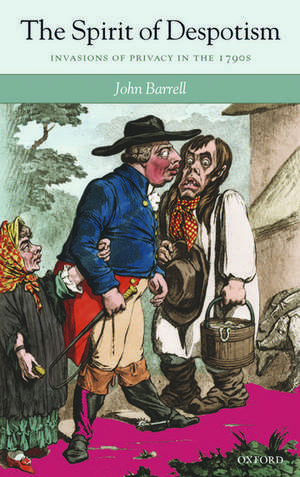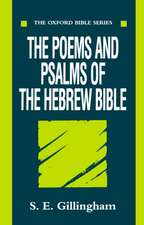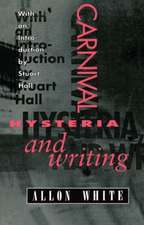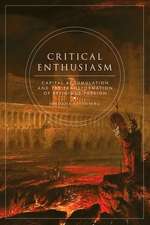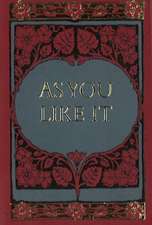The Spirit of Despotism: Invasions of Privacy in the 1790s
Autor John Barrellen Limba Engleză Hardback – 26 ian 2006
Preț: 1038.20 lei
Preț vechi: 1577.69 lei
-34% Nou
Puncte Express: 1557
Preț estimativ în valută:
198.69€ • 206.66$ • 164.03£
198.69€ • 206.66$ • 164.03£
Carte tipărită la comandă
Livrare economică 04-10 aprilie
Preluare comenzi: 021 569.72.76
Specificații
ISBN-13: 9780199281206
ISBN-10: 0199281203
Pagini: 294
Ilustrații: 47 halftones, 1 table
Dimensiuni: 163 x 242 x 22 mm
Greutate: 0.6 kg
Editura: OUP OXFORD
Colecția OUP Oxford
Locul publicării:Oxford, United Kingdom
ISBN-10: 0199281203
Pagini: 294
Ilustrații: 47 halftones, 1 table
Dimensiuni: 163 x 242 x 22 mm
Greutate: 0.6 kg
Editura: OUP OXFORD
Colecția OUP Oxford
Locul publicării:Oxford, United Kingdom
Recenzii
The substantial scholarship that underlies these essays makes this an essential work for anyone interested in this most troubled decade at the end of the eighteenth century.
John Barrell's latest book bears all the hallmarks of his exemplary scholarship: meticulous research, a lucid and pacy prose style that renders even the most detailed or difficult material accessible and exciting, and, most importantly, a sustained level of interdisciplinary. The Spirit of Despotism builds its thesis upon an extraordinary array of sources.
so satisfyingly full are they of marvelous detail and shrewd, surprising turns of argument
an intriguing study into the interplay between Westminster politics and real life.
an important book... few previous inquiries have considered these issues with the depth, insight or scholarly range which this book commands. [This book] is written with the power and point that has increasingly marked John Barrell's recent work, and will provide readers with abundant enjoyment in its ability to combine telling detail with the projection of a case of wide significance.
In Imagining the King's Death (2000), John Barrell explored with great precision the interplay between law, politics and language usage during Pitt's 'Reign of Terror'. The Spirit of Despotism revisits this culture of repression and tracks its incursions into the private sphere.
Each of these richly researched essays could stand alone, but together their cumulative effect is a provocative and stimulating depiction of the cultural effects of government repression which Barrell has analysed in such depth elsewhere.
John Barrell's latest book bears all the hallmarks of his exemplary scholarship: meticulous research, a lucid and pacy prose style that renders even the most detailed or difficult material accessible and exciting, and, most importantly, a sustained level of interdisciplinary. The Spirit of Despotism builds its thesis upon an extraordinary array of sources.
so satisfyingly full are they of marvelous detail and shrewd, surprising turns of argument
an intriguing study into the interplay between Westminster politics and real life.
an important book... few previous inquiries have considered these issues with the depth, insight or scholarly range which this book commands. [This book] is written with the power and point that has increasingly marked John Barrell's recent work, and will provide readers with abundant enjoyment in its ability to combine telling detail with the projection of a case of wide significance.
In Imagining the King's Death (2000), John Barrell explored with great precision the interplay between law, politics and language usage during Pitt's 'Reign of Terror'. The Spirit of Despotism revisits this culture of repression and tracks its incursions into the private sphere.
Each of these richly researched essays could stand alone, but together their cumulative effect is a provocative and stimulating depiction of the cultural effects of government repression which Barrell has analysed in such depth elsewhere.
Notă biografică
John Barrell is the author of numerous books on the literature, art, and history of the eighteenth and early nineteenth centuries. He has taught at the universities of Essex, Cambridge, and Sussex, and for the last twelve years has been at the University of York, where he is a Professor of English in the Centre for Eighteenth Century Studies.
